Maybe the problem isn’t that scholars don’t know how to speak to U.S. foreign-policy makers, but rather that U.S foreign-policy makers don’t know how to engage with scholarship?


Maybe the problem isn’t that scholars don’t know how to speak to U.S. foreign-policy makers, but rather that U.S foreign-policy makers don’t know how to engage with scholarship?
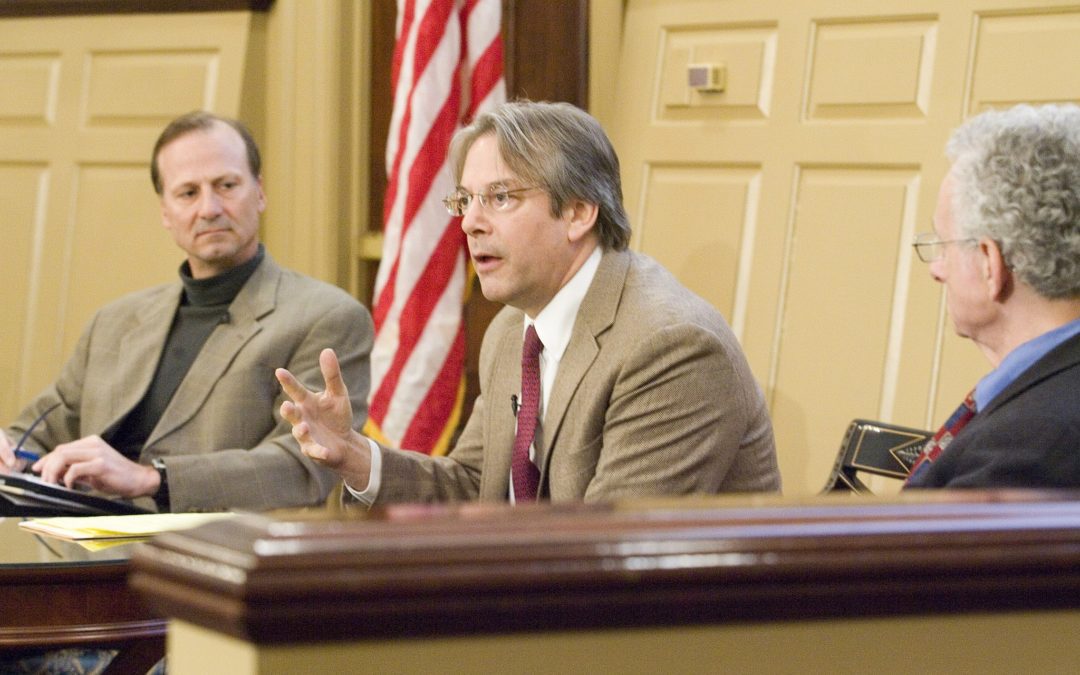
G. John Ikenberry is one of the most influential scholars of “liberal international order.” It’s likely that he, along with Dan Deudney, is responsible for popularizing the phrase. John’s most recent book, A World Safe for Democracy: Liberal Internationalism and the Crises of Global Order has reportedly shaped the thinking of the Biden foreign-policy team. I interviewed him for a recent podcast.
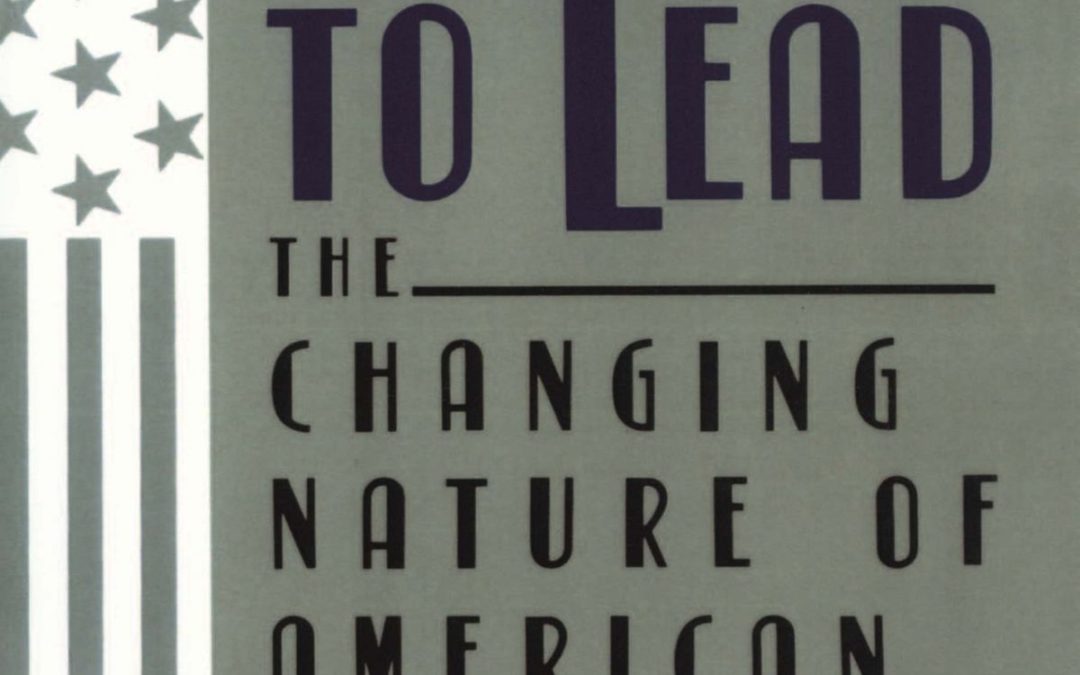
Political Science isn’t sterile laboratory. The discipline is riddled with politics and deeply influenced by policy concerns.

Some political-science lab leaks are more difficult to control than others.

This is a guest post from Sean Kay, Robson Professor of Politics and Government, and Director of International Studies, at Ohio Wesleyan University. The interview quotes appear in his new book Rockin’ the Free World! How the Rock & Roll Revolution Changed America and the World (2017). There is power in rock and roll – an art form that has modernized American values and helped them to ripple around the world – advancing freedom, equality, human rights, and peace. Over the last several years I was fortunate to interview about sixty major rock and roll artists, songwriters, producers,...
In the aftermath of Trump's visit to Brussels one dynamic has been overlooked. It starts with a basic reality of NATO: when there is a mission, countries are not obligated to hand over military units for the effort. Instead, what happens is this (see chapter two of Dave and Steve's book), as one officer told us that "force generation is begging:" The officers at the NATO military headquarters in Mons, Belgium, along with the relevant regional command come up with a spreadsheet. Yes, an excel spreadsheet called the Combined Joint Statement of Requirements. The CJSOR is a list of all of...

The perhaps apocryphal story is that in the wake of the 2016 election, submissions to top journals in political science declined by 15% or more. While this sabbatical year has been productive in many respects, I have not made as much progress on a book project as I would have liked. I wonder why? Last week's events -- the dramatic firing of FBI Director James Comey and the series of justifications and admissions by the president and his team -- have underscored the challenge for all of us in terms of allocating our time and attention. This is an academic blog informed by our sensibilities...
This is a guest post by Dillon Stone Tatum, Assistant Professor in the Department of Political Science and Geography at Francis Marion University. If the liberal world order isn’t dead, commentators have killed it. The recent explosion in analysis focusing on what Donald Trump, or broader populist movements, mean for the future of world order have already written both the eulogy and the obituary for liberal internationalism. Robert Kagan makes this argument most bluntly in suggesting “the collapse of the world order, with all that entails, may not be far off.” Kagan is not alone. Others like...

The Trump Administration’s foreign policy, if we can call it a policy, has certainly injected a degree of excitement into the foreign policy commentariat and IR classrooms around the world. Reading all the output is a full time job. But it is fair to say that most of the coverage has been, shall we say, less than favorable. Recently, Dani Nedal and Dan Nexon tackled the problems with Trump’s foreign policy unpredictability. Stephen Walt argued that Trump does not really care whether his foreign policy is successful. And the list goes on. Which is why Matthew Kroenig’s recent piece in...
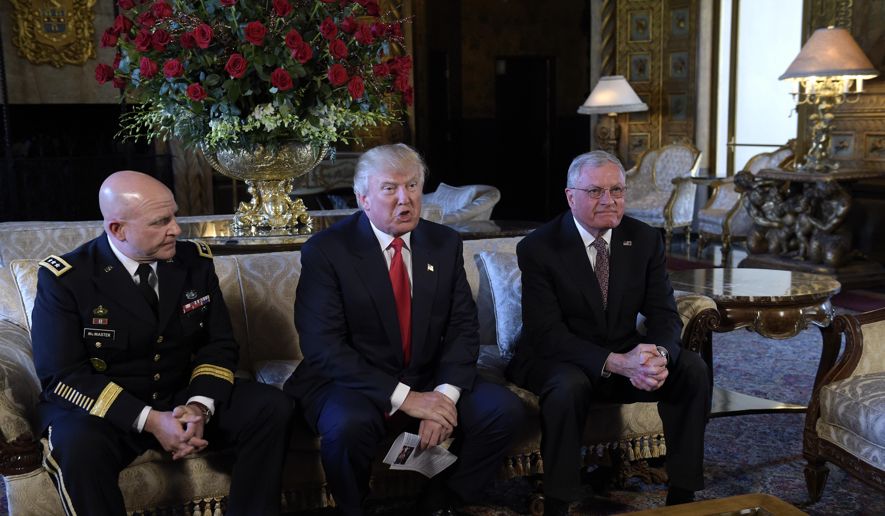
This is a guest post from Ronald R. Krebs, who is the Beverly and Richard Fink Professor in the Liberal Arts and Professor of Political Science at the University of Minnesota. His most recent book is Narrative and the Making of US National Security. At times, in recent years, it has seemed that Republicans and Democrats occupied different narrative universes with respect to national security. Republicans generally continued to live in the world of the War on Terror. Democrats gave voice to a more balanced understanding of the threats and opportunities facing the United States. Even when...
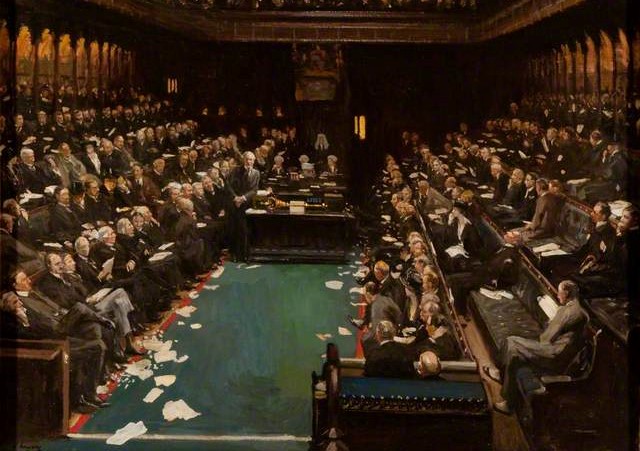
This guest post is by Joseph O’Mahoney, currently a Stanton Fellow at MIT and an Assistant Professor in Seton Hall’s School of Diplomacy and International Relations. In the US, support for President Donald Trump’s executive order, which restricts travel to the US by citizens of seven Muslim majority countries, has been mixed. Perhaps surprisingly, the Islamic State or ISIS is wildly in favor of the so-called “Muslim ban.”. Postings to pro-ISIS social media accounts called the proposed order a “blessed ban” and hailed Trump as “the best caller to Islam”. Why? Because it “clearly revealed the...
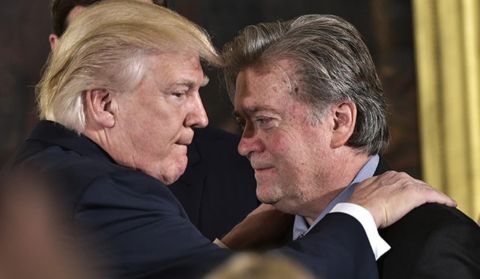
Following his prescient piece from last year, Tom Wright has a provocative new essay on Donald Trump's foreign policy in Politico. He suggests that Trump foreign policy has Jeckyll and Hyde qualities. While Trump (and Bannon) are committed to a radical vision to upend establishment foreign policy, they hold a minority view in the government. To staff his administration, Trump has largely turned to establishments folks like Mattis, Kelly, McMaster, among others. This means that there isn't really anyone to implement that radical vision, leaving Trump's views to express themselves on a few...